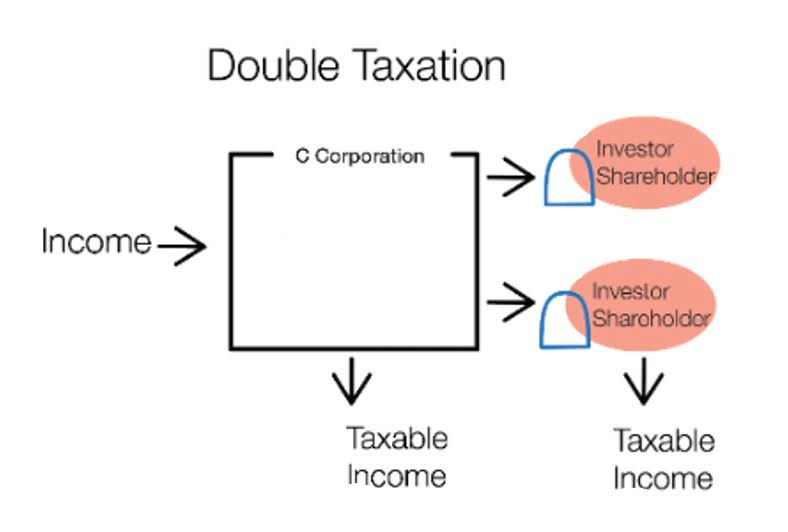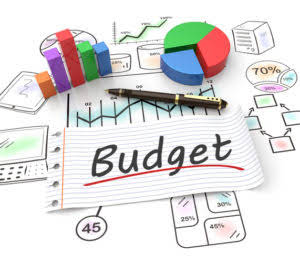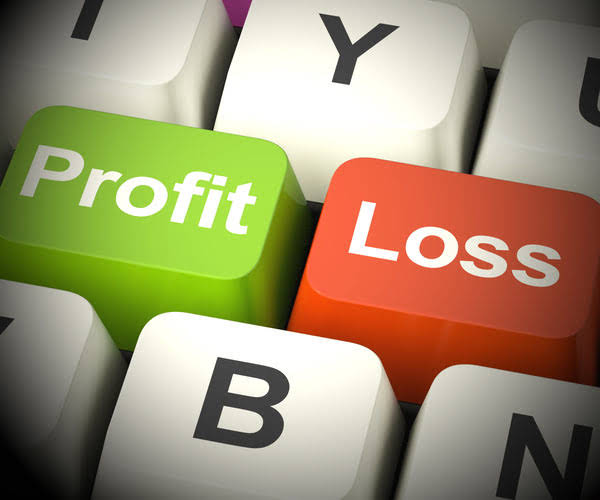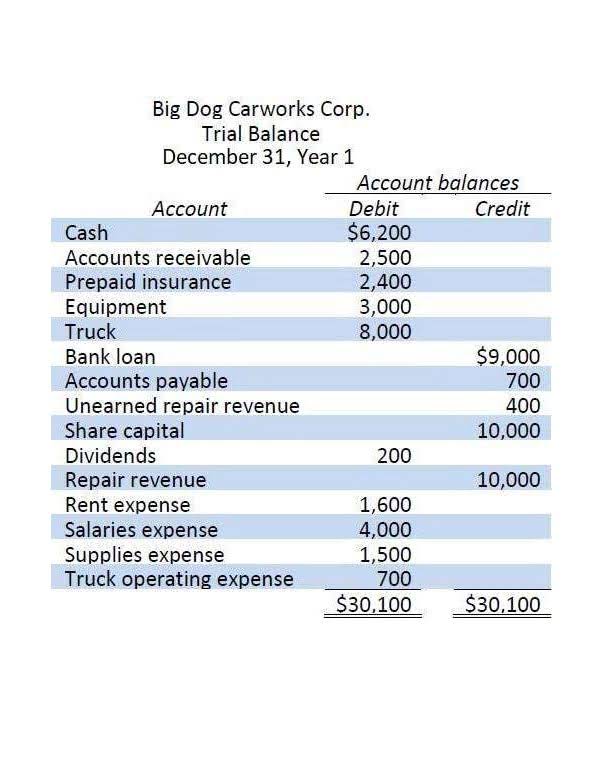
To avoid these pitfalls, wine businesses should maintain detailed financial records, regularly review and update their books, and stay informed about relevant tax regulations. Partnering with a specialized accounting service like Protea Financial can help mitigate these risks. If you are in the wine industry and have questions about accounting or bookkeeping, Protea Financial is here to help. We understand the unique needs of the wine industry and can provide expert guidance on all financial matters. Whether you need assistance setting up your books or preparing for tax season, we can help you navigate the complexities of the wine business.
Risk & IT Compliance
Our winery packages include comprehensive support for accounting technology, monthly wine cost calculations, inventory reconciliation, POS management, and sales and excise tax compliance. This guide sheds light on winery accounting principles so you can keep an eagle eye on financial health and maximize profits. We offer practical advice on managing your winery’s finances with confidence and making informed decisions that support growth.
What is accrual accounting and why is it important for wineries?
For example, if the bonded warehouse is responsible for paying excise taxes, winery personnel should follow up with the tax authorities to make certain that taxes have been paid. Periodic physical inventory counts of bottles stored at bonded warehouses can also help to detect inventory theft. CPAs providing consulting or tax expertise to the wine industry will find that there are many accounting and tax planning strategies for wine businesses at both the state and federal levels. Protea Financial has a team of experienced professionals who can help you navigate the complexities of wine accounting. We will work with you to create accurate financial statements and provide guidance on making sound business decisions. To make matters simpler, winery costs are broken down into specific cost categories according to steps in the winemaking process.

Accounting and bookkeeping built specifically grow unique demands of wineries, only from Protea Financial
The best internal control is to only do business with reliable and known suppliers and to have a contractual arrangement that allows for retribution if lower quality or mislabeled goods are provided. Employees and nonemployees alike should be trained about the benefits of sharing information about any irregularities of which they are aware. IC-DISCs do not have employees or offices and are not taxed at the federal level; instead, they charge a winery accounting sales commission from the exporting winery.

These two categories represent ends of a spectrum; it is possible for a winery to primarily be vertically integrated, yet also acquire a portion of its required grapes from outside growers. Regardless of their origin, harvested grapes are weighed at a certified weigh station so that a record is available about tonnage, grape varietal, and vineyard origin. Such records provide important ongoing accounting and internal control data about the grapes throughout the production process. Part of the appeal of owning a winery lies in the transformation that changes the fruit of a relatively common plant into a unique and distinctive creation. As the number of wineries increases, so will the demand for accountants providing assurance, tax, and other accounting-related services.
- By understanding how all the transactions fit together in your winery business, you can plan strategically, manage cash flow more effectively, and ensure financial stability.
- Accurate financial management is fundamental to running a thriving wine business.
- Many internal controls utilized in other industries to protect against and detect asset misappropriation are relevant to wineries as well.
- Ready to elevate your winery’s financial management to the next level?
- The method you choose for your cost accounting is a crucial decision.
- Getting bogged down or lost trying to handle it all in-house is a recipe for subpar growth, or worse.
- We deliver forward-thinking business solutions, taking time to discern your unique business needs and anticipating how they may be impacted by the changing industry.

Industry consolidation, competition, direct-to-consumer sales strategies, and risks around smoke exposure and climate change are rapidly shifting the wine industry landscape. With thoughtful use of classes and tags, you’ll gain an unprecedented understanding of what drives your winery’s financial success. For your winery’s growth, it’s important to understand the differences between audited, reviewed, compiled and prepared financial statements. This short and helpful article will guide you through these statements. As a winery owner, you’ll need to decide how to manage your own health insurance and whether or not to offer coverage to your employees. All communications between our firm and the user are encrypted using the Secure Socket Layer (SSL).

Wine accounting is the specialized process of managing and tracking the financial transactions within the wine industry, including vineyards, wineries, and distributors. It’s crucial because accurate financial records help businesses make informed decisions, manage costs effectively, and ensure compliance with tax regulations. In the competitive wine market, sound accounting practices can significantly influence profitability and operational efficiency. Professional wine accounting services, like those offered by Protea Financial, provide expert guidance in managing complex financial aspects of the wine business. They offer services such as financial how is sales tax calculated statement preparation, tax planning, inventory management, and cost analysis.

The second step in wine accounting is understanding the cost of goods sold (COGS). COGS includes the cost of the grapes, the cost of production, and the cost of packaging and shipping. All these costs must be considered when calculating your final price per bottle. Many winery owners might wonder if the purpose of maintaining books is solely to get the tax return right. While accurate tax reporting is essential, the primary goal of accounting goes beyond tax preparation—it’s about enabling better business decisions. By understanding how all the transactions fit together in your winery business, you can plan strategically, manage cash flow more effectively, and ensure financial stability.
This process, generally managed by the tax preparer, involves reversing certain entries to align with tax reporting requirements. Using the cash basis method for tax allows wineries to strategically time their income and expenses to optimize their tax liabilities. For example, a winery can defer taxes by delaying invoicing or accelerating expenses, thus only recognizing income for tax purposes when the income is actually received and expenses when they are paid. When managing a winery, one of the https://www.facebook.com/BooksTimeInc most crucial decisions you’ll make is how to handle your accounting.
Web Cams Sex